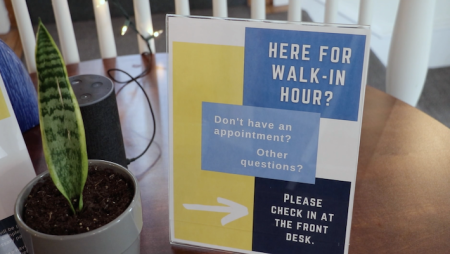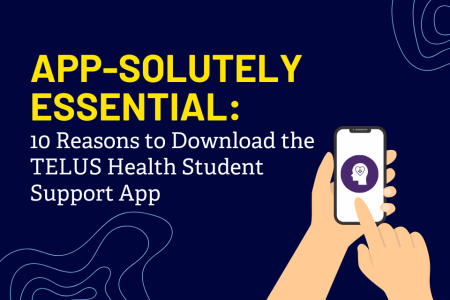Visit Us at 522 East 14th St for In-Person Walk-In Hours
CAPS offers convenient and accessible one-on-one meetings with our staff members to support your well-being. These brief, approximately 20-minute sessions require no prior appointment, providing you with the flexibility to engage with us when it suits your schedule.
Walk-in sessions at the Counseling & Psychological Services (CAPS) are available every Monday, Wednesday, and Friday from 11:00 am to 12:00 pm, or on Tuesdays and Thursdays from 1:00 pm to 2:00 pm.







